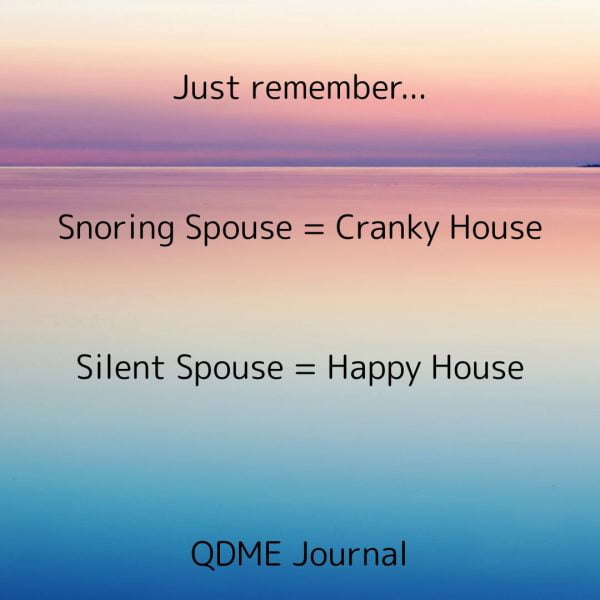Today is World Mental Health Day!
Did you know that people with mental health problems are more likely to suffer from sleep disorders? There’s a significant connection between sleep and mental health. According to the Harvard Medical School Mental Health Letter (2019), every 90 minutes, an average person’s sleep cycles between two major categories — “quiet” sleep and “REM” (rapid eye movement) sleep.
Scientists have discovered that sleep disruption causes people to not cycle through sleep correctly. It hurts the brain by impairing the way we think as well as our emotional regulation. This brain damage is how sleep disorders contribute to the effects of psychiatric disorders and vice versa.
Connections
Insomnia is one of the most common sleep disorders people face. According to the National Alliance of Mental Illness (2019), about 1 in 3 people in the United States report difficulty sleeping at least one night per week. Insomnia is usually having a hard time falling asleep, staying asleep, or waking up too early in the morning. A curious thing about insomnia is that it is usually a symptom of another illness like Sleep Apnea, depression, or anxiety.
Many different anxiety disorders are associated with difficulty sleeping such as Obsessive-Compulsive Disorder (OCD), Post-Traumatic Stress Disorder (PTSD), and more. Having severe sleep disorders can also decrease the effectiveness of some treatments for Schizophrenia, Attention-Deficit/Hyperactivity Disorder (ADHD), and other mental illnesses.
Sleep is vital for prevention or recovery!
Taking care of your mental health is essential and begins with good sleep habits. Make sure to have a solidified sleep schedule to follow every night. A routine can help to teach your mind when it’s time to wind down and go to bed. You should avoid doing anything that will stimulate your brain before bed including intense exercise, watching television, or using your phone.
Trying different forms of relaxation before bed can also help you get to sleep during the night. Yoga has been proven to help with sleep. Deep breathing and taking a few moments for yourself to clear your mind can make a world of a difference when getting ready for sleep.
It’s important to know how much a lack of sleep can affect your overall health and well-being. Take charge of your sleep today and help your mental health be the best it can be!
Check-in with the QDME Journal for new blogs and fascinating topics!

Follow Us to learn even more!



